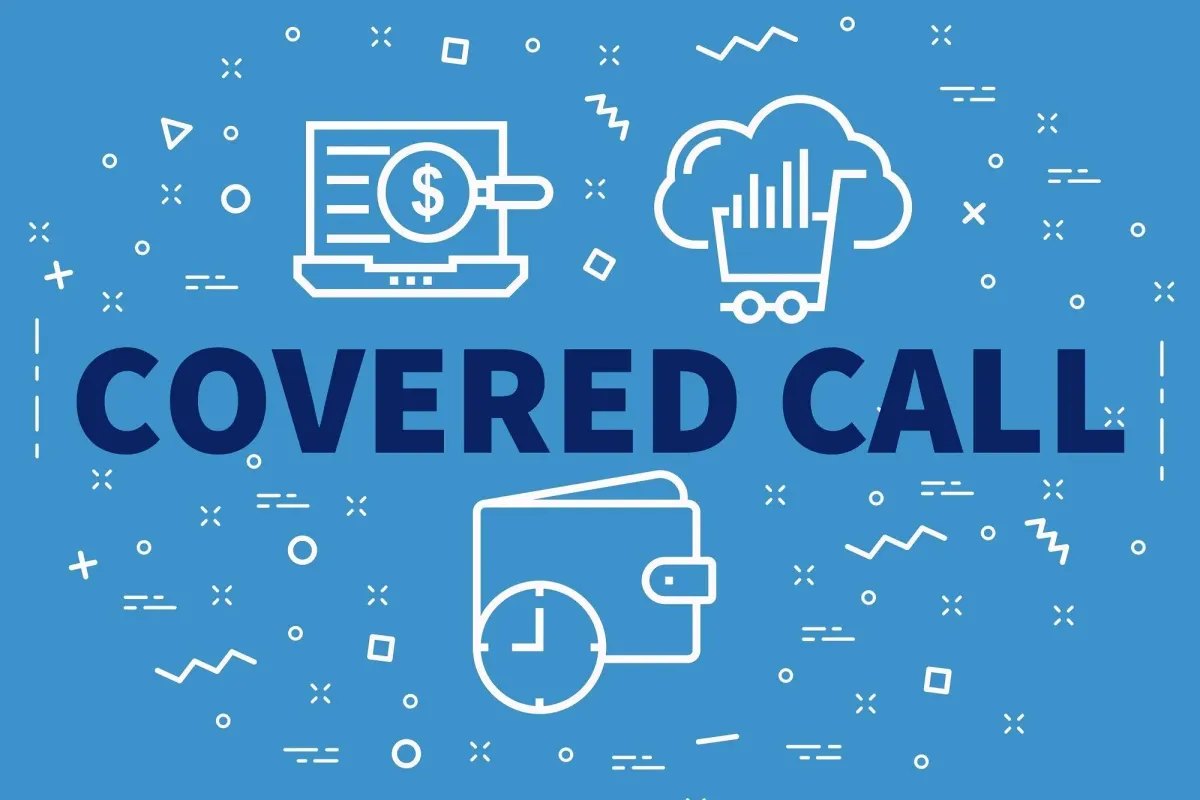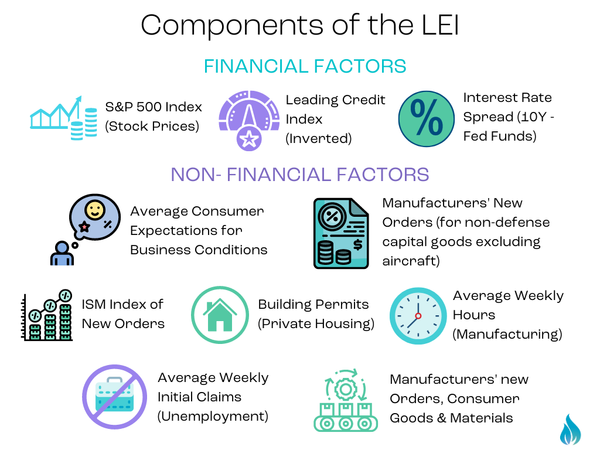What is a covered call?

The term covered call refers to a financial transaction in which the investor selling call options owns an equivalent amount of the underlying security. To execute this, an investor who holds a long position in an asset then writes (sells) call options on that same asset to generate an income stream. The investor's long position in the asset is the cover because it means the seller can deliver the shares if the buyer of the call option chooses to exercise.
Who is the buyer of covered call?
For traders this is not even a question. The market buys the covered call and you do not need to think about this question. For the people who are getting started this is natural question to understand the loop of how the money instantly appears in your account after you place covered call. Buyers can be:
- A Bullish Investor (Call Buyer) – They believe the stock will rise above your strike price before expiration.
- A Hedger – They may own the stock and use calls to protect against missing out on a rally.
- A Speculator – They aim to profit from a stock move without owning shares, leveraging the option's lower cost.
- Market maker - Big players, like hedge funds are obligated to buy options.
Since you're selling the call, they pay you a premium for the right (but not the obligation) to buy your shares at the strike price before expiration.
What is the catch?
There are multiple "catches":
You need capital to own initial stocks. You need to own at least 100 shares of underlying asset (of course depends on the asset, etc.) which is big stopper for majority.
Stock Rises Too Much (Opportunity Loss). If the stock jumps well above your call strike price, you must sell at the strike, missing out on further gains. But if you are long term holder there are strategies to solve this.
✅ Mitigation: Consider rolling up the call before assignment.
Stock Drops Hard (You Still Own the Stock). If stock crashes, the premium you collected won’t cover large losses on the stock.
✅ Mitigation: Use stop losses or hedge with protective puts.
If call is executed and underlying assets are sold, your stocks were sold, now you need to pay capital gain tax.
Covered Call Strike Price Calculator




